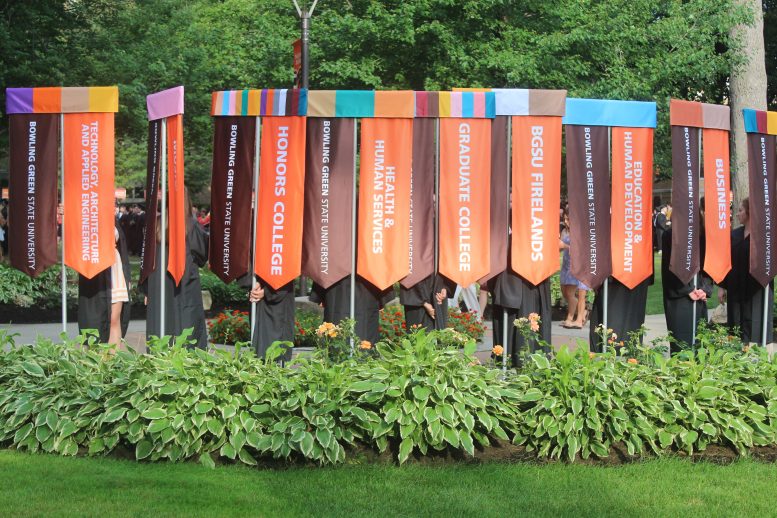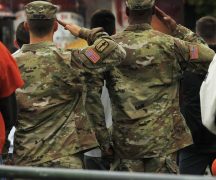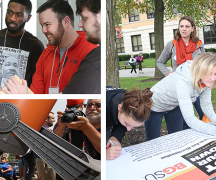By DAVID DUPONT
BG Independent News
Even as Bowling Green State University grappled with the uncertainty of education during a pandemic, it launched a new initiative aimed at helping students deal with the uncertainties of life and career beyond campus.
In fall, 1,000 first year students enrolled in BG 1910 seminar, the initial on-campus step in the life design program.
Eventually, all students at BGSU will participate in the program, said Andy Alt, associate vice provost for Student Success and Life Design.
This is the most ambitious rollout of the life design concept in higher education, he said.
The program is an outgrowth of work done at Stanford University. In “Designing Your Life: How to Build a Well-Lived, Joyful Life” Bill Burnett and Dave Evans draw on design concepts and social science. They view life “as a problem to be solved.”
For students that “problem” that needs to be rethought or reimagined is what they want their life to be once they graduate.
In June, Provost Joe Whitehead told the Board of Trustees that the Life Design goal is to engage students in a holistic way that connects what they do in the classroom with what they will do once they graduate.
This fits in with BGSU’s strategic goal of defining student success, Alt said. The initiative aims at “helping student develop meaningful and productive life.”
This should help students move more efficiently through their college careers, minimizing the number of credit hours they take. That helps them to graduate on time and save money.
The students are introduced to the concept in that first one-credit seminar, which in fall 2021 will be taken by all first-year students. Each student will be assigned a life design coach, who will teach that introductory course.
“Right off the bat they’ll be developing a deep relationship,” Alt said, “When they encounter challenges, they’ll know right away who this person is. It’s highly relational.
They will reflect, Alt said, “ on why they came to college.”
“What is their view of work, their view of the world?” This is the first step in helping them design a meaningful college experience with a vision of where they want to go after graduation.
BGSU hired six life design coaches earlier this year. Whitehead told the trustees that BGSU that there are only seven trained life design coaches in the entire state. Life design coaches will be providing support from admission through graduation.
The plan is for each coach to have not more than 300 students with the coaching staff increasing as he program rolls out.
Beyond the first year seminar, the program offers comprehensive and integrative coaching and “personalized and dynamic academic, life and career planning,” Alt said.
Those coaches, Alt said, do not replace the constellation of advisors available to students. Students will still have academic advisors, and counselors to assist with financial aid, and staff to help line up internships or part-time jobs.
The life design coaches role will help coordinate these various functions.
Making connections is a key element.
That involves seeking specialized support within the student’s discipline.
It involves guidance on what courses should be taken to achieve the student’s goal. This ties into the university’s desire to move students through more efficiently, so they are not taking, and paying, for more credits than they need.
Internships, co-ops, research, and other experiential learning will be built into the programs for all students.
The university is engaging alumni in helping students make those off-campus contacts, including jobs after graduation. Alt said many alumni are excited about mentoring students.
Each student will create a signature work or have a capstone experience.
The initiative also will include peer-to-peer mentoring. Alt said they are looking for ways to engage upper division students as mentors.
Alt said life design seminars for upper division students are also planned.
The kind of in-depth guidance offered by life design will be especially beneficial for first-generation college students and students from underserved populations, Alt said.
This comes at a time when university administrators are concerned about how the pandemic’s disruption of K-12 education, especially in cities, will affect those students’ academic preparation for college.
Alt said it is “hard to overstate the need and importance” for those students.
.





